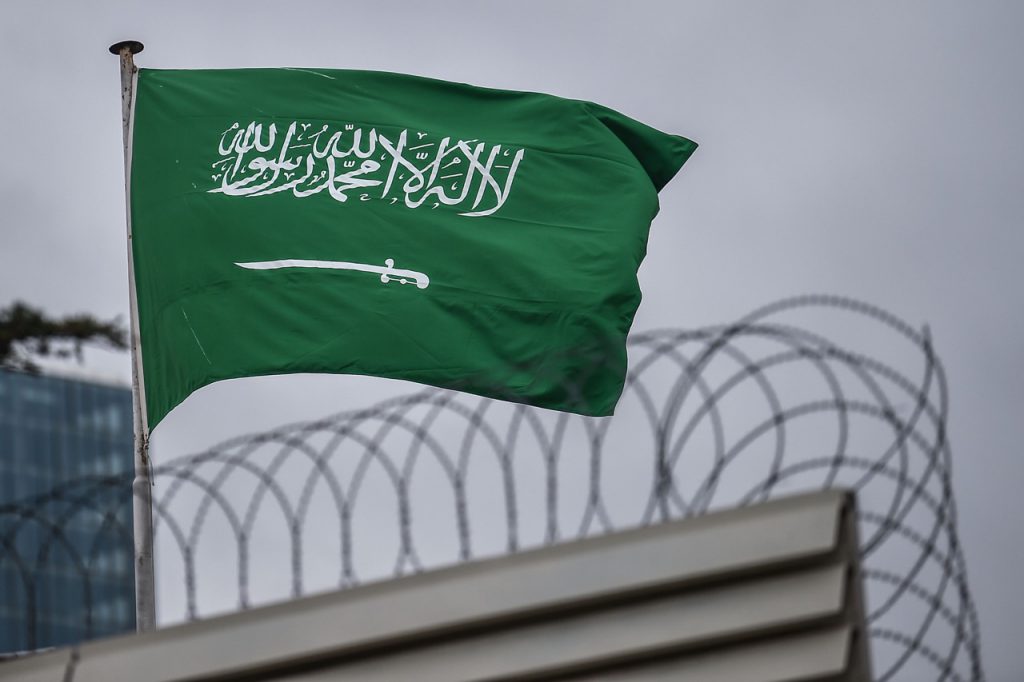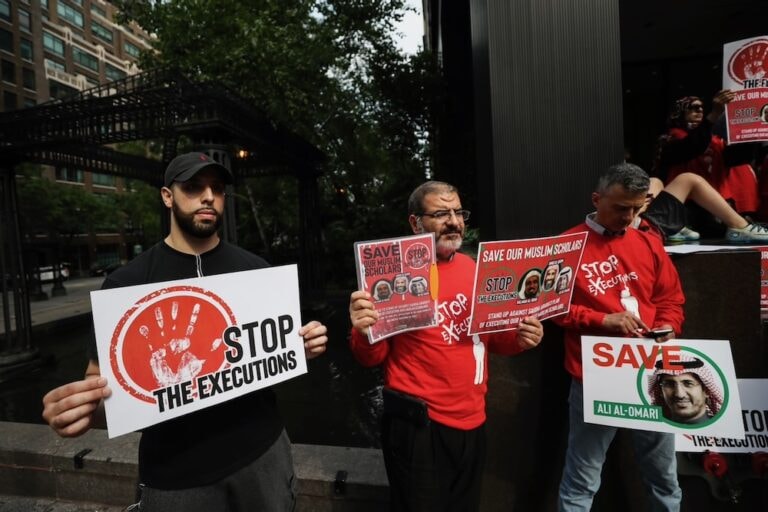Farhana was detained on 20 February and held since that time in an unknown location. No charges against him have been made public.
This statement was originally published on cpj.org on 25 April 2019.
Saudi authorities should immediately release Jordanian journalist Abdulrahman Farhana as well as the other journalists swept up in their campaign against dissent, the Committee to Protect Journalists said today.
Saudi authorities detained Farhana, a Saudi-based columnist for Jordanian daily al-Sabeel and contributor to the Qatari network Al-Jazeera, on February 20 and have held him since in an unknown location without any charges made public, according to al-Sabeel, Jordanian journalist Hilmi Asmar, who spoke with CPJ, and Farhana’s family, who announced the arrest in a statement issued by the Jordanian Press Syndicate and published in the Jordanian newspaper al-Rai on April 23.
Farhana’s family members told Asmar that they have not been able to contact Farhana since his arrest, Asmar told CPJ. The journalist’s detention comes amid a crackdown in the country that has seen at least eight journalists detained since the beginning of 2019, according to CPJ reporting.
“A country that behaves like Saudi Arabia under Crown Prince Mohammed bin Salman, throwing journalists in prison without charges or communication, is not worthy of international regard or partnership,” CPJ Middle East and North Africa Program Coordinator Sherif Mansour said from Washington, D.C. “Saudi authorities must free Abdulrahman Farhana immediately.”
Authorities intercepted Farhana as he was driving from his home in Dammam, the capital of Saudi Arabia’s Eastern Province, to Jeddah and made him return to Dammam, where they searched his house and detained him, Asmar said.
Farhana has lived in Saudi Arabia for 42 years and also maintains a home in Amman, Jordan, Asmar told CPJ.
Al-Sabeel lists Farhana as a writer for the newspaper “from outside Jordan” on its website but CPJ could not locate examples of his articles. Farhana writes about intra-Palestinian politics, regional geopolitics, and Islamist political movements for Al-Jazeera, according to his author page on the network’s website.
Al-Sabeel and Al-Jazeera did not immediately respond to emails from CPJ seeking comment.
Jordanian Foreign Minister Ayman Safadi told the Jordanian Press Syndicate that the Jordanian Embassy in Riyadh was following the matter, according to the syndicate’s statement.
The Saudi Embassy in Washington, D.C., and the Jordanian Foreign Ministry did not immediately respond to CPJ’s emails requesting comment.
In 2017, amid a diplomatic crisis between Qatar and Saudi Arabia and its allies, Saudi authorities revoked Al-Jazeera’s broadcast license and forced the network to close its Saudi office, as CPJ reported at the time.
CPJ’s annual prison census found that at least 16 journalists were behind bars in Saudi Arabia as of December 1, 2018. Saudi authorities often detain journalists in unknown locations without charges and deny families the opportunity to contact detainees, and journalists are often detained for months before their cases become public, according to CPJ research.



